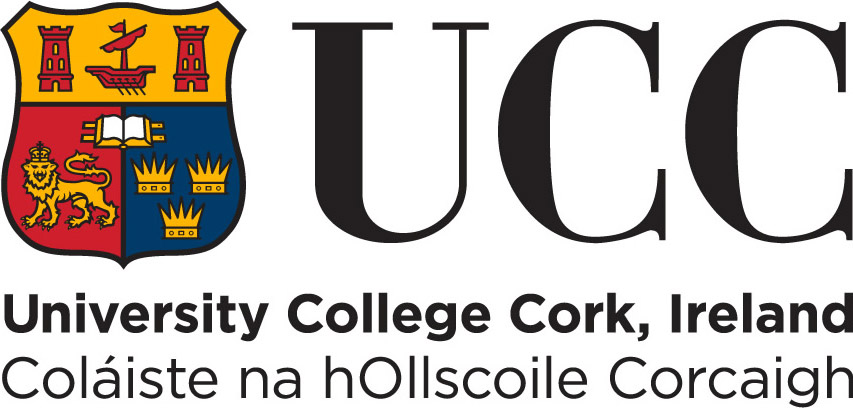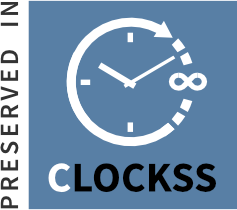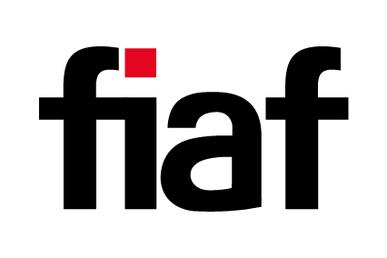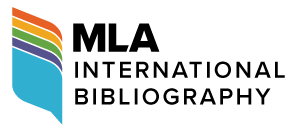Carceral-Border Cinema: The Film from Manus Prison
Omid Tofighian
Introduction
The articles in this dossier critically discuss the film Chauka, Please Tell Us the Time (Behrouz Boochani and Arash Kamali Sarvestani, 2017) and reflect on its creation and response. The film is unique in many ways. It was shot clandestinely on a smartphone; shots were smuggled out of the Manus Island immigration detention centre (which has now been dismantled, but was located on the Lombrum Naval Base and officially called Manus Regional Processing Centre) to Lorengau, the main town on the island, then to Australia, and then sent to the codirector in the Netherlands. One of the filmmakers, Behrouz Boochani, was imprisoned at the time of filming and production, an imprisonment which continues at the time of writing; and the two codirectors have never met—the whole film project was conducted over WhatsApp voice messaging and never with conversations in real time due to poor reception in the prison.
This dossier is also unique. Both codirectors have contributed articles—one from inside the detention centre (“Film as Folklore” by Behrouz Boochani) and the other from the Netherlands (“Looking for Chauka” by Arash Kamali Sarvestani). Like the making of the film, the articles by the codirectors were communicated to me as translator using WhatsApp—Boochani writing by text message and Kamali Sarvestani reading by voice text. Poet and convenor of Writing Through Fences, Janet Galbraith features in the film and contributes an article here (“A Reflection on Chauka, Please Tell Us the Time”). Jeremy Elphick is cofounder of 4:3 film magazine and was one of the first people to conduct an extensive and in-depth interview with the codirectors during the film’s World Premiere at the Sydney Film Festival—in this dossier he follows up with new interviews and critical analysis (“Cinematic Poetics and Reclaiming History: Chauka, Please Tell Us the Time as Legacy”). And, in reflecting on my role as translator and subtitle creator, I offer a photo essay (“Chauka Calls—A Photo Essay”). The images for this article were supplied by Kamali Sarvestani and I also make reference to Boochani’s 2018 multi-award-winning book No Friend but the Mountains: Writing from Manus Prison. The reference to his book is significant because Boochani has described the two examples of art as inextricably linked; like in the film, the Chauka bird, Manusian folklore and knowledge, and Australia’s colonial history and neocolonial control of the island and people feature prominently in the book.
In my article in the main section of this special issue, “Displacement, Exile and Incarceration Commuted into Cinematic Vision”, I refer to the film as an example of a subgenre: carceral-border cinema. The articles in this dossier illuminate the relationship between the carceral and the border, and they introduce various philosophical, political and personal discussions pertaining to the carceral-border configuration that characterises Chauka, Please Tell Us the Time. Although not included in this dossier, it is important to acknowledge writer Arnold Zable’s review of Chauka, Please Tell Us the Time, “Across the Void: Behrouz Boochani”, which was the first piece to respond to the film. As a whole, the contributors to this dossier represent the notion of a shared philosophical activity, a phenomenon that I discuss in my translator’s note to No Friend but the Mountains: Writing from Manus Prison and a defining feature of all of Boochani’s work and resistance.
Chauka, Please Tell Us the Time (2017), codirected by Behrouz Boochani and Arash Kamali Sarvestani, is available to watch on Vimeo (vimeo.com/ondemand/chauka).
References
1. Boochani, Behrouz. No Friend but the Mountains: Writing from Manus Prison. Translated by Omid Tofighian,Picador, 2018.
2. Boochani, Behrouz, and Arash Kamali Sarvestani, directors. Chauka, Please Tell Us the Time. Sarvin Productions, 2017.
3. Tofighian, Omid, translator. “Translator’s Note.” No Friend but the Mountains: Writing from Manus Prison, by Behrouz Boochani, Picador, 2018.
4. Zable, Arnold. “Across the Void: Behrouz Boochani.” Subversion, no.1312, www.subversion1312.org/2016/11/07/across-the-void-behrouz-boochani. Accessed 22 June 2019.
Suggested Citation
Tofighian, Omid. “Carceral-Border Cinema: A Film from Manus Prison: Introduction.” Alphaville: Journal of Film and Screen Media, no. 18, 2019, pp. 183–184. https://doi.org/10.33178/alpha.18.14.
Omid Tofighian is an award-winning lecturer, researcher and community advocate, combining philosophy with interests in citizen media, popular culture, displacement and discrimination. He is Assistant Professor of English and Comparative Literature, American University in Cairo; Adjunct Lecturer in the School of the Arts and Media, UNSW; Honorary Research Associate for the Department of Philosophy, University of Sydney; faculty at Iran Academia; and campaign manager for Why Is My Curriculum White?—Australasia. His published works include Myth and Philosophy in Platonic Dialogues (Palgrave 2016) and he is the translator of Behrouz Boochani’s multi-award-winning book No Friend but the Mountains: Writing from Manus Prison (Picador 2018).









